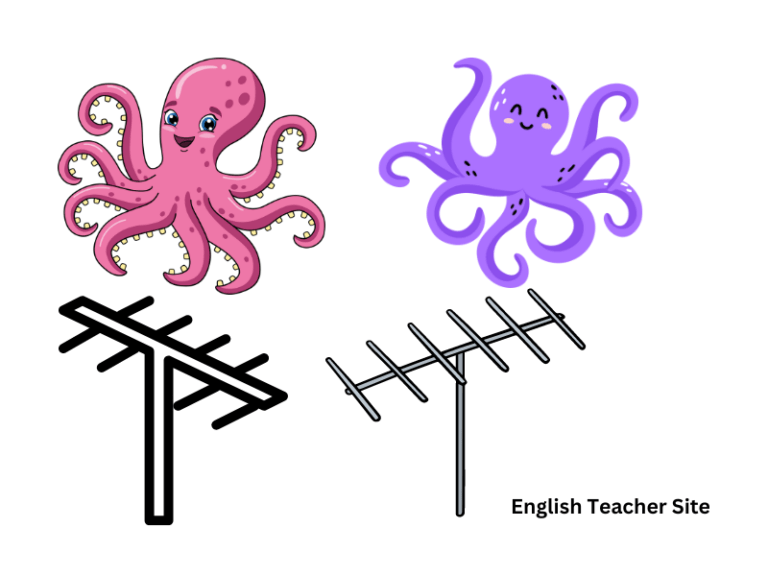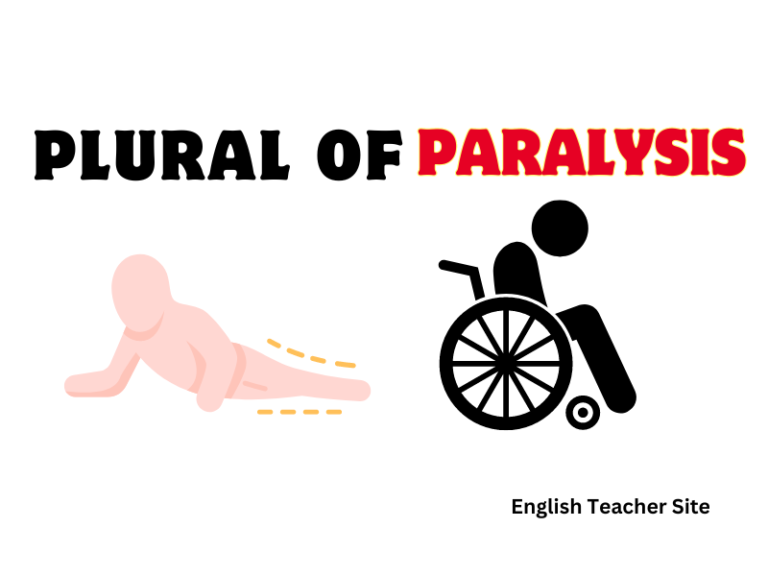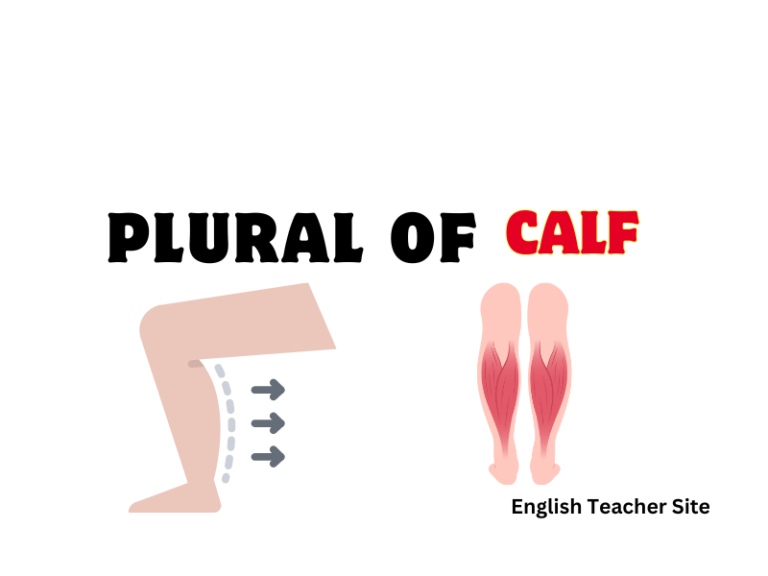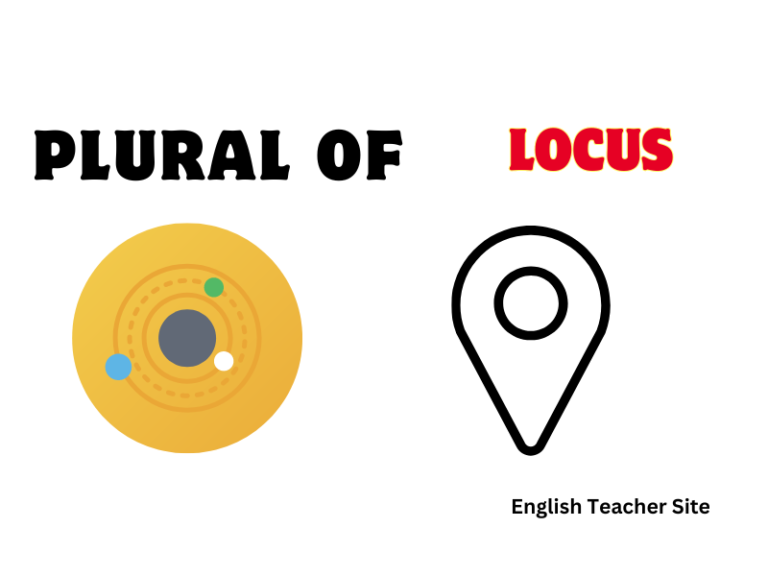What’s the Plural of Vortex: Understanding Multiple Swirling Phenomena
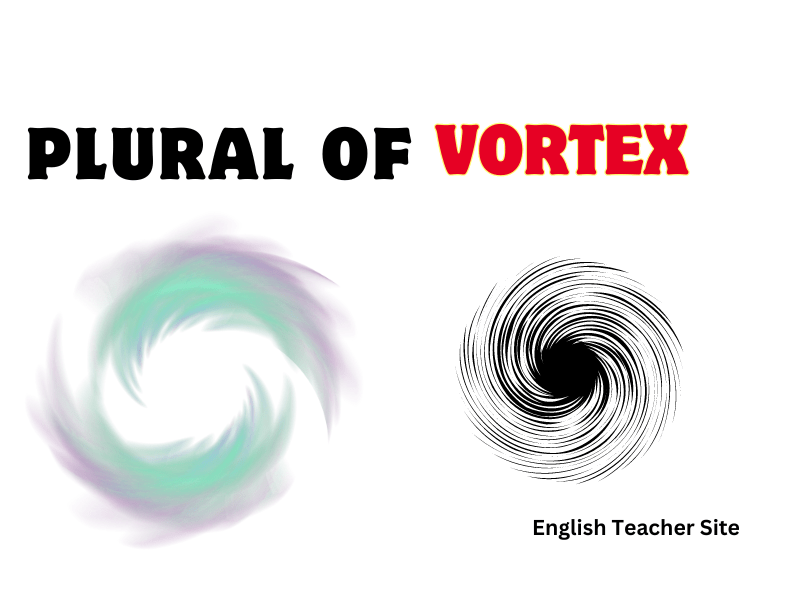
- “Vortex” can be pluralized as “vortices” or “vortexes.”
- The term “vortex” has Latin origins and is associated with whirling motion.
- Both plural forms are widely accepted and used in different contexts.
In discussing the term “vortex,” its plural can manifest in two accepted forms: “vortices,” holding true to its Latin roots, and “vortexes,” which aligns with the conventional English pluralization method. The singular form “vortex” refers to a situation or object that draws into its center everything that surrounds it, often used in the context of fluid dynamics and also metaphorically in various fields.
What’s the Plural of Vortex?
There are two accepted plural forms for the word vortex:
- Vortices: This is the traditional Latin plural.
- Vortexes: This is the anglicized plural form.
Usage in English:
| Singular | Plural |
|---|---|
| vortex | vortices |
| vortex | vortexes |
Let’s illustrate their usage with examples:
- When observing the water drain, multiple vortices can be seen.
- There were several vortexes visible in the sky during the storm.
Frequency in Literature:
| Plural | Frequency |
|---|---|
| vortices | Higher |
| vortexes | Lower |
- In scientific journals, the occurrence of “vortices” appears with higher frequency.
- In novels and everyday language, one might come across “vortexes” with lower frequency but still considerable use.
Singular Form of Vortex
A vortex is a flow phenomenon characterized by a spiraling motion of fluid around a center of rotation. This term is often applied in various contexts, from fluid dynamics to popular descriptions of any spiraling action.
Characteristics of a Vortex:
- Centripetal Motion: The fluid or air moves in a circular pathway, directed toward the center, thus creating a void at the very center due to centrifugal force.
- Rotation: A crucial aspect of a vortex is its rotation around a central axis.
- Energy: A vortex can contain kinetic energy due to the movement and the pressure gradient within the phenomenon.
To understand its grammatical structure, the term “vortex” in its singular form can be broken down as follows:
| Aspect | Description |
|---|---|
| Word Origin | Derived from Latin, denoting a whirling movement. |
| Word Type | Noun, representing both a physical and metaphorical concept. |
Usage in Sentences:
- A vortex can often be observed when water goes down a drain.
- Scientists study the properties of a vortex to understand atmospheric dynamics.
Meaning of Vortex
A vortex refers to a dynamic phenomenon characterized by a spiraling motion of a fluid. This fluid can be either a liquid or a gas that generates a whirl when in motion. The concept is scientifically utilized to describe certain behaviors in fluid dynamics, yet it can also be commonly observed in phenomena such as tornadoes, whirlpools, or even the swirling steam above a pot of boiling water.
The spinning motion inherent to a vortex often creates a central void due to the centrifugal forces that push away objects from the center towards the periphery. This results in a distinct eye or center, which appears deceptively calm compared to the turbulent activity encircling it. The energy of a vortex can be powerful and chaotic, capable of exerting a formidable pull on objects around it, from leaves on a water surface to aircraft in a storm system.
Key Characteristics of a Vortex
| Property | Description |
|---|---|
| Spiraling Motion | A continuous flow that circles around a central point. |
| Centripetal Force | Draws objects toward the core of the motion. |
| Centrifugal Effect | Pushes objects away from the center towards the edges. |
Common Types of Vortices:
- Natural Vortices: Includes tornadoes, hurricanes, and whirlpools, where a core of low pressure is encircled by a violent spiral of wind or water.
- Man-made Vortices: Often found in engineering and science, such as in the wake of an airplane wing.
Other Latin Nouns
First Declension Nouns
| Singular Noun (Nominative) | Plural Noun (Nominative) | Example in English |
|---|---|---|
| -a | -ae | Formula becomes formulas |
| -us | -i | Stimulus becomes stimuli |
First declension nouns are mostly feminine and often end in -a. Moving from singular to plural, the -a becomes -ae.
Second Declension Nouns
| Singular Noun (Nominative) | Plural Noun (Nominative) | Example in English |
|---|---|---|
| -um | -a | Datum becomes data |
| -us | -i | Alumnus becomes alumni |
Second declension nouns can be masculine or neuter. Masculine words ending in -us change to -i for plural, while neuter words ending in -um or -on become -a.
Third Declension Nouns
- Singular and plural forms are less predictable than the first and second declension.
- They require memorization. Example: Corpus (body) becomes corpora.
Fourth and Fifth Declensions
Fourth declension nouns typically have the singular ending -us and the plural ending -ūs, like exercitus (army) to exercitūs. Fifth declension nouns frequently end in -es in both singular and plural, although the plural form is stressed differently, as seen in dies (day) to diēs.
These subtleties in Latin still influence English today. For instance, English has adopted both -i and -ae as plural forms for words ending in -us and -a respectively, even though we often use the regular English -s or -es as well.
Sentences with the Word Vortex
Singular Use of Vortex:
| Sentence Example | Contextual Meaning |
|---|---|
| She studied the water as it formed a vortex. | Vortex here denotes a singular whirling mass of water. |
| A vortex appeared in the experiment. | Here, vortex refers to a singular spiral movement in air. |
Plural Use of Vortex:
| Sentence Example | Contextual Meaning |
|---|---|
| The multiple vortices were mesmerizing. | Vortices here are multiple spirals, the plural of vortex. |
| Scientists analyzed the vortices in the lab. | In this case, vortices refer to several swirling motions under study. |
- In the context of atmospheric phenomena: “The coastal region was battered by cold vortices coming from the north.”
- Regarding emotional experiences: “Vortexes of confusion clouded their judgment during the crisis.”
In literature and creative writing:
- “The protagonist was sucked into a vortex of mystical adventures.”
- “They fought against vortices of adversity to emerge victorious.”
Application Examples of Vortexes/Vortices
In the study of fluid dynamics, vortexes and vortices—both acceptable plurals—play significant roles across various applications. A vortex refers to a flow of fluid that spins around an axis, and these phenomena can have practical applications in different fields.
One common example is in aeronautics, where vortices are critical in understanding wingtip vortices that affect aircraft performance. These vortices are trails of rotating air left behind as an aircraft moves through the air. To ensure safe and efficient operation, aeronautical engineers study these to minimize drag and prevent potential hazards due to the turbulence they create.
| Field | Application Example |
|---|---|
| Meteorology | Polar vortices influence weather patterns. |
| Engineering | Vortex-induced vibrations affect bridge designs. |
In the meteorological context, the term polar vortex describes the large-scale whirl of cold air that hovers over Earth’s poles. Here, understanding the dynamics of vortices is crucial for predicting severe weather events and their potential impacts on regions.
- Marine environments also showcase vortex action, with whirlpools and the propulsion systems of submarines and torpedoes relying on vortex dynamics for their function.
- In the realm of civil engineering, the study of vortex-induced vibrations is essential for designing structures, such as bridges and skyscrapers, that can withstand the forces generated by wind or water flows.
Biological systems exhibit vorticity as well, such as in the blood flow through the heart where understanding vortices can aid in diagnosing and treating cardiovascular diseases.
| Biological System | Application Example |
|---|---|
| Cardiovascular | Blood flow patterns in the heart. |
| Plant Life | The way some seeds, like maples, spin as they fall. |
Origin of the Word Vortex
The word vortex has a history intertwined with both language and science, making it as enigmatic as the phenomenon it describes. Traced to the mid-17th century, the term originated from the Latin word vortex, which was a variant of vertex, meaning “an eddy of water, wind, or flame; whirlpool; whirlwind.” Its Latin root stems from vertere, which translates to “to turn.”
| Latin Origins | Description |
|---|---|
| Vortex | From Latin, referring to a whirling motion |
| Vertex | Variant of vortex, associated with whirlwinds and eddies |
| Vertere | “To turn,” the Latin verb at the core of vortex/vertex |
- The plural form of vortex can be either “vortices” or “vortexes,” with “vortices” being the more commonly used form. This aligns with the pluralization of other Latin-derived words ending in “ex.”
| Plural Forms | Usage |
|---|---|
| Vortices | Preferred plural form in English |
| Vortexes | Alternative plural form, less common |
The word gained prominence especially in the context of 17th-century astrophysical theories, particularly those proposed by philosophers like René Descartes. Their work often involved describing celestial movements and phenomena through the lens of vortices.
Sources
My name is Khamis Maiouf. I am the creator of the English Teacher Site, dedicated to providing valuable resources and insights for students around the world. With a passion for education and a commitment to helping students enhance their skills, I aim to make English teaching more effective and enjoyable for both educators and students.

